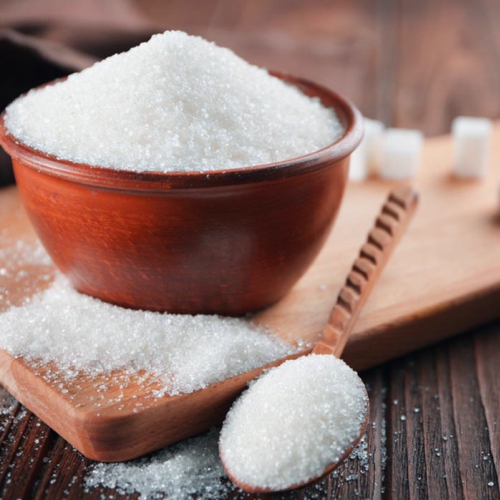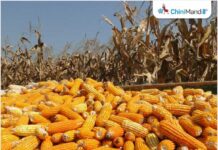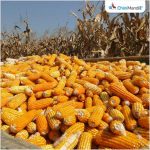Jakarta: In a significant development, Indonesia’s Industry Minister, Agus Gumiwang Kartasasmita, has announced the government’s resolute commitment to achieving self-sufficiency in sugar production by the year 2028, reports Antara News.
The overarching objective is to eliminate the need for sugar imports and secure the nation’s sugar demands independently. Kartasasmita revealed that this endeavor primarily targets ensuring an adequate sugar supply for industries by the year 2030.
The government’s strategy to realize this ambition has been outlined in a comprehensive roadmap. Among the key strategies outlined is enhancing sugarcane productivity, aiming for an impressive 93 tons per hectare yield through refined agricultural practices. Moreover, a substantial expansion of the sugarcane plantation area by 700,000 hectares is planned. Simultaneously, an uplift in the efficiency, utilization, and capacity of sugar factories is envisioned to achieve a yield percentage of 11.2 percent.
Integral to this roadmap is an emphasis on improving the welfare of sugarcane farmers and elevating the production of bioethanol derived from sugarcane plants.
Highlighting the existing landscape, Kartasasmita pointed out that Indonesia has 59 operational sugar factories, with 40 being under state ownership. These factories contribute to granulated sugar production from sugarcane, catering to the domestic consumption needs of the country. The cumulative installed capacity of these facilities is an impressive 324,350 tons of cane per day (TCD).
In addition to these, there are 11 refined sugar factories responsible for processing raw sugar into granulated form, serving as a crucial raw material for the food, beverage, and pharmaceutical sectors. These refined sugar facilities collectively hold an annual capacity of 5 million tons.
Amidst these figures, Kartasasmita projected the nation’s sugar requirement for the year 2023 to stand at approximately 6.8 million tons. This encompasses 3.4 million tons earmarked for households, an equivalent quantity for the food and beverage industry, and an additional 400,000 to 500,000 tons for small and medium industries (IKM).
However, an assessment indicates that domestic cane-based sugar industries are expected to contribute around 2.7 million tons of sugar in 2023, necessitating further efforts to meet the demand adequately.












